Cleaning wisdom teeth can be a challenging task due to their location at the back of the mouth, but it’s essential for maintaining good oral hygiene and preventing potential issues like gum disease and cavities.
What Are They?
Wisdom teeth, also known as third molars, typically emerge between the ages of 17 and 25. They are the last set of molars to grow, and many people experience discomfort or pain when they start to erupt.
The main challenge is that they often don’t have enough space to fully emerge. As a result, they can become impacted, meaning they are trapped beneath the gum line or only partially emerge. This can lead to various dental problems, making proper cleaning and care crucial.
Why Cleaning Them Is Important
Neglecting to clean your them can result in various oral health issues:
- Gum Disease: The tight space around the teeth can trap food particles and bacteria, increasing the risk of gum disease.
- Cavities: Difficulty in reaching and cleaning them can lead to cavities and tooth decay.
- Infections: Partially erupted wisdom teeth can create pockets where bacteria can accumulate, potentially leading to infections.
How To Clean Wisdom Teeth
- Wash Your Hands: Before you begin, ensure your hands are clean to prevent transferring bacteria to your mouth.
- Use a Soft-Bristled Toothbrush: Opt for a toothbrush with soft bristles, which are gentle on your teeth and gums. Hard bristles can damage your enamel and irritate your gums.
- Angle Your Brush: Tilt your toothbrush at a 45-degree angle towards your gum line. Gently brush them in a circular motion, focusing on the area where the tooth and gum meet.
- Floss Daily: Regular flossing is crucial for cleaning your teeth and removing trapped food particles. Use dental floss or interdental brushes to clean these tight spaces.
- Rinse with Mouthwash: Finish your oral care routine by rinsing with an antimicrobial or fluoride mouthwash. This will help kill bacteria and strengthen your teeth.
- Regular Dental Checkups: Even with thorough at-home care, it’s essential to schedule regular dental checkups. Your dentist can monitor the health of them and recommend further action if needed.
Tips for Cleaning Wisdom Teeth
- Be Gentle: The teeth can be sensitive, especially if they are impacted or partially erupted. Be gentle while cleaning to avoid causing pain or bleeding.
- Use Fluoride Toothpaste: Fluoride helps strengthen your tooth enamel and prevent cavities. Ensure your toothpaste contains fluoride.
- Consider an Oral Irrigator: An oral irrigator, also known as a water flosser, can be an excellent tool for cleaning hard-to-reach areas.
- Pain Management: If your they are causing discomfort, you can use over-the-counter pain relievers as directed by your dentist.
- Consult Your Dentist: If you’re experiencing persistent pain, swelling, or other issues with your teeth, consult your dentist. They may recommend removal if the problems persist.
Cleaning your wisdom teeth is essential for maintaining good oral health and preventing potential problems down the road. Regular brushing, flossing, and mouthwash use, combined with gentle care, can help keep your teeth and the surrounding area clean and healthy. If you encounter any issues or discomfort, consult your dentist for professional guidance and recommendations tailored to your specific situation.




